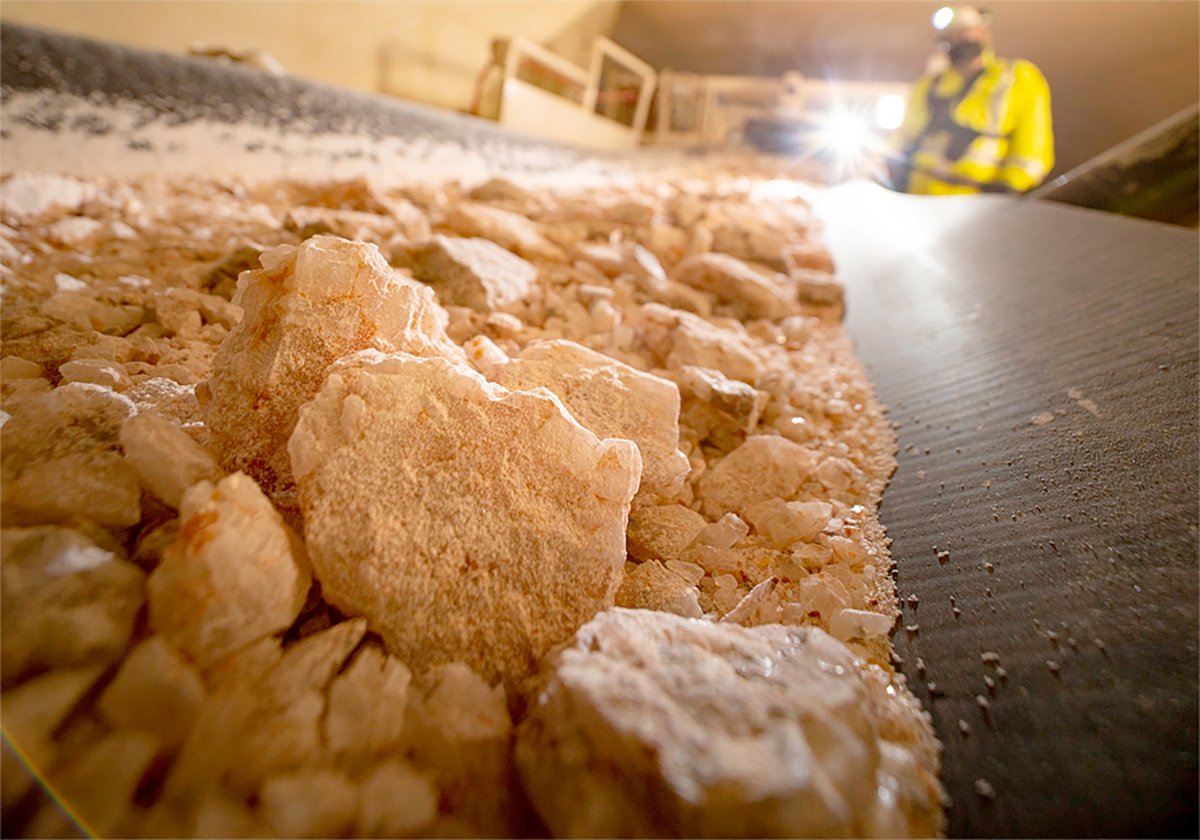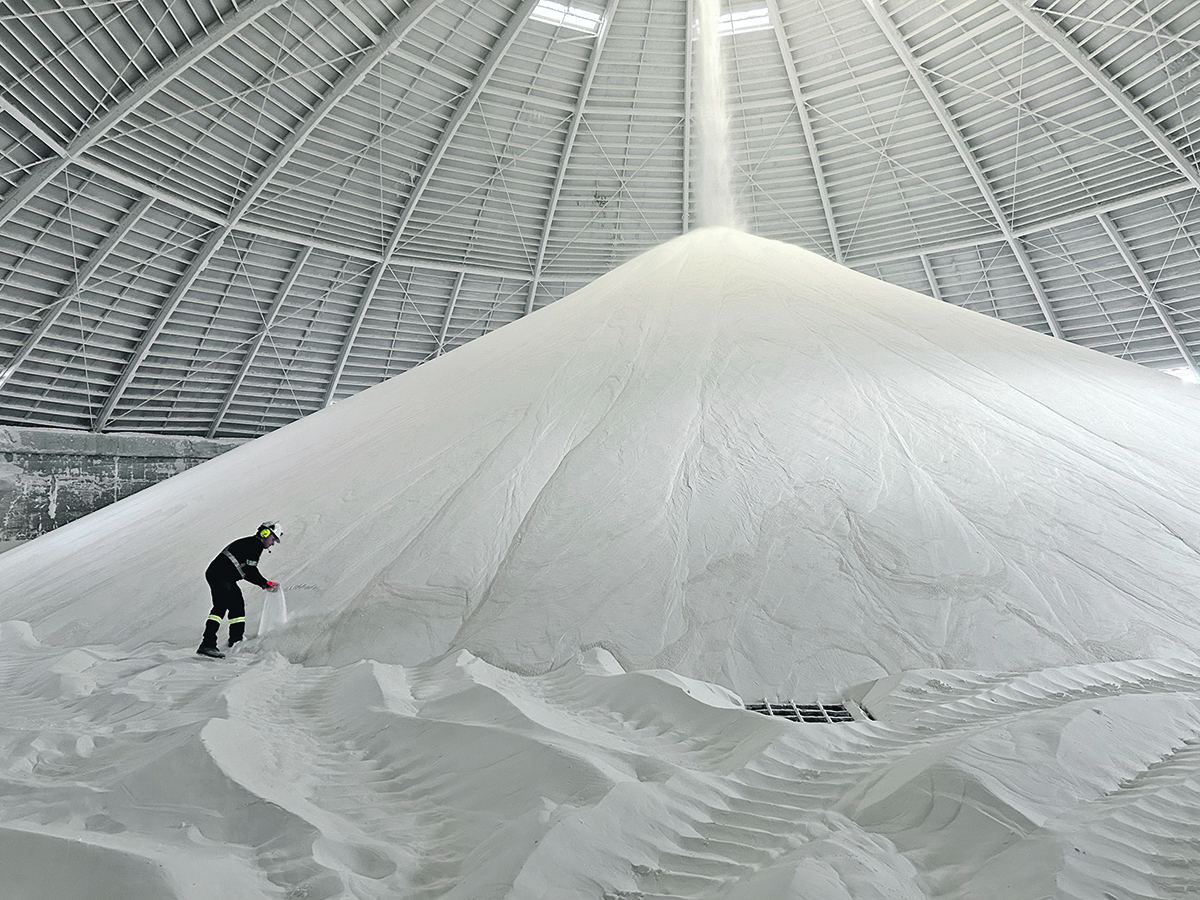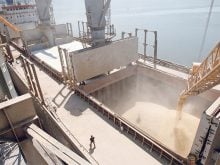ST. JEAN, Man. — The global market for potash is stable and somewhat “boring,” says a market watcher.
However, that could change soon if U.S. president Donald Trump imposes tariffs on Canadian potash.
Each year, Canada exports about seven million tonnes of potash across the border, supplying about 80 per cent of the demand for potassium fertilizer in America.
Read Also

Saskatchewan looks to expand trade in Indonesia
Saskatchewan intends to increase its agricultural partnership with Indonesia.
Canada is the dominant player in the global potash trade, but it competes with Belarus and Russia for market share.
It would be difficult for the United States to replace Canadian potash with potassium from those countries because sanctions were imposed on Russian and Belarussian potash following the 2022 invasion of Ukraine.
Predicting what Trump will do about tariffs on potash, or any Canadian commodity, is a messy game. What’s more certain is that South America will continue to import potash from Canada.
“Brazil’s potash demand is through the roof,” said Michel Poiron, regional sales manager for Nutrien Wholesale.
Poiron provided a market outlook for potash and other fertilizers at St. Jean Farm Days, a two-day trade show in Manitoba’s Red River Valley in early January.
Brazil hardly produces any potassium fertilizer and buys 95 per cent of its supplies from outside the country.
“Brazil is 80 per cent dependent on fertilizer imports from abroad,” says the University of Navarra.
“Within this percentage, dependence varies … 95 per cent for potassium chloride, 80 per cent for nitrates and 60 per cent for phosphates. Of these, the most demanded product is potassium chloride (38 per cent of Brazilian fertilizer consumption).”
Should Trump impose tariffs on Canadian potash, it’s possible that more product could be diverted to Brazil.
Canada is already a major supplier to Brazil, but the market is large and growing.
“Despite the fact that Canada is the world leader in the production of the input, its position in the Brazilian market is not so dominant, as Brazil imports from Canada (are) almost as much as from Russia,” says the University of Navarra.
American tariffs on Canadian potash could change everything, but as of mid-January, the global potash market is facing a period of moderate growth, Poiron said.
“There is extra capacity at many plants in Canada for increasing production, but we’re expecting a slight increase in demand — about two percent, year over year, for the next 10 year s… globally,” he said.
“When we look at the potash story, it’s pretty boring. The supply demand functions are … in line.”
One thing that could shake up the market, in a minor way, is a proposed potash mine in Brazil. A Canadian firm, Brazil Potash, has been planning to build a potash extraction and processing plant in Brazil’s Amazon.
“With initial planned annual potash production of 2.4 million tons per year, Brazil Potash will supply about 17 per cent of the growing potash demand in Brazil with future plans to double output,” says the Brazil Potash website.
The Toronto-based company must secure the necessary environmental licenses before beginning construction of the project.
A familiar name in Canadian agriculture joined Brazil Potash this year. Mayo Schmidt, former chief executive officer of Viterra and Nutrien, was appointed the company’s chair, effective Jan. 6.
















